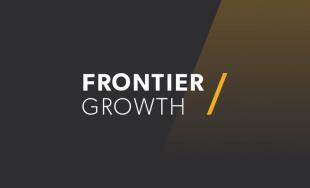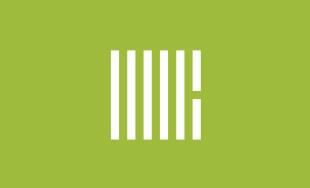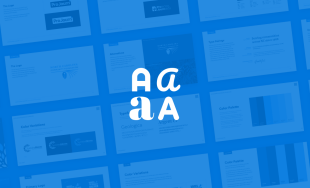Factors in Pricing Website Design
During a recent meeting with a prospective client, a question came up about 2 website quotes that varied widely in price and what I thought the difference was between the two. I thought it was a great question, and honestly, it caught me a little by surprise. So after taking some time to think it over, here are a few thoughts on the topic.
Overall, I think there are 2 primary ways to approach this.
The first is that a cheaper quote may mean lower quality work while a more expensive quote means higher quality work. For example, your friend's friend who occasionally builds websites after school could easy price a project and value their time very differently than an established agency of design professionals. In this situation, the difference in cost will likely be reflected in the quality of the end product.
The second is that for reasonably comparable work, there may be other factors that affect the way an agency prices a project. I think it makes more sense to focus on this angle for this post, assuming that the groups were vetted by the client before a quote was requested and that they were generally pleased with the agencies portfolio of past work. Also, for comparisons sake, let's assume that the components and vision for the site are equally understood by the competing agencies. That is, there are no glaring differences in what the site will include and how it will function, which would have a significant impact on the quote.
So, enough with the introductions and assumptions. Let's have a look at some of the factors that may affect an agency's pricing.
The Agency Profile
Does the agency who provided the higher quote have designer leather chairs and fresh-cut flowers in the lobby? How about high-end video conferencing capabilities or other gadgetry to woo prospective clients with their technological prowess? If so, you can be sure that those costs are passed down to the client in some fashion. There are a lot of pricing models out there and one thing they all have in common is a break-even point—the minimum amount they must charge/make to cover their costs before they make a profit. So, more often than not, the higher the overhead of the agency, the more they must charge for their services.
A side note—for better of worse, you should also consider this profile and some of these signs as potentially representative of the culture of the agency and the people you'll be working with on this project—it may be a telling sign if it's a good fit.
Quality of Product
I mentioned above that for comparisons sake, the elements of the site would be equally understood by each agency. Well, a sedan and a sports car will both have a steering wheel, brakes, a windshield and will (usually) get you from point A to B, but you're going to look a whole lot cooler and potentially more impressive in the latter. It's also likely that the sports car will provide a better overall experience for both the passenger and driver. The difference here is often the attention to detail (design and structure) and what's under the hood (code and CMS). Make sure that you take both into account when comparing an agencies work.
So, while both quotes/sites may include the same elements, that doesn't mean they're the same product. One important thing to note here is that it's not always true the the higher quote will equal higher quality work. I'll share a few thoughts on the relationship between cost and quality in the next section.
The Process & The Allocation of Resources
Does the more expensive proposal you received include a 2-day island retreat to discuss your web strategy? Probably not, but there is a good chance that the agency behind a large quote budgeted a significant amount of time and resources to different phases in the development of your new site. So, does that mean by choosing a lower quote that you're choosing to neglect or bypass adequate time to maximize the potential of your site? No.
Many groups (like ours) believe that there is a tipping point in the development of a site that, once you've passed it, you're no longer providing value equal to the added cost of the project. This is sometimes referred to as the quality-price-ratio. Be sure to keep this in mind when it comes to comparing quotes and what it means for your project. As I mentioned above, a more expensive quote doesn't always equal better work.
Your Experience
These are just a few of the factors that I think could explain a difference in quotes for a website project. From an agency perspective, what are other key factors? Or, as a client, have you ever been in this experience and which quote did you accept and why? I'd love to hear your comments and experiences.



Leave the first comment